All the carriers
Best Wireless Carrier in the U.S. in 2020
by Samuel Contreras
Best Wireless Carrier in the U.S. Android Central 2020
There are four major wireless carriers in the U.S. and they all have a different approach to the same goal. Luckily for the consumers, this competition helps drive these companies to make a better product. No matter your needs, there is a carrier for you. For most people, all of these carriers are likely to have some coverage for you. Overall, T-Mobile has great network performance and looks likely to continue to improve in the next few years in both 4G and 5G.
- Best Overall: T-Mobile
- Best LTE Performance: Verizon
- Best Family Value: Sprint
- Best Speeds: AT&T
- International and Prepaid: Google Fi
- Unlimited Prepaid: Visible
Best Overall: T-Mobile
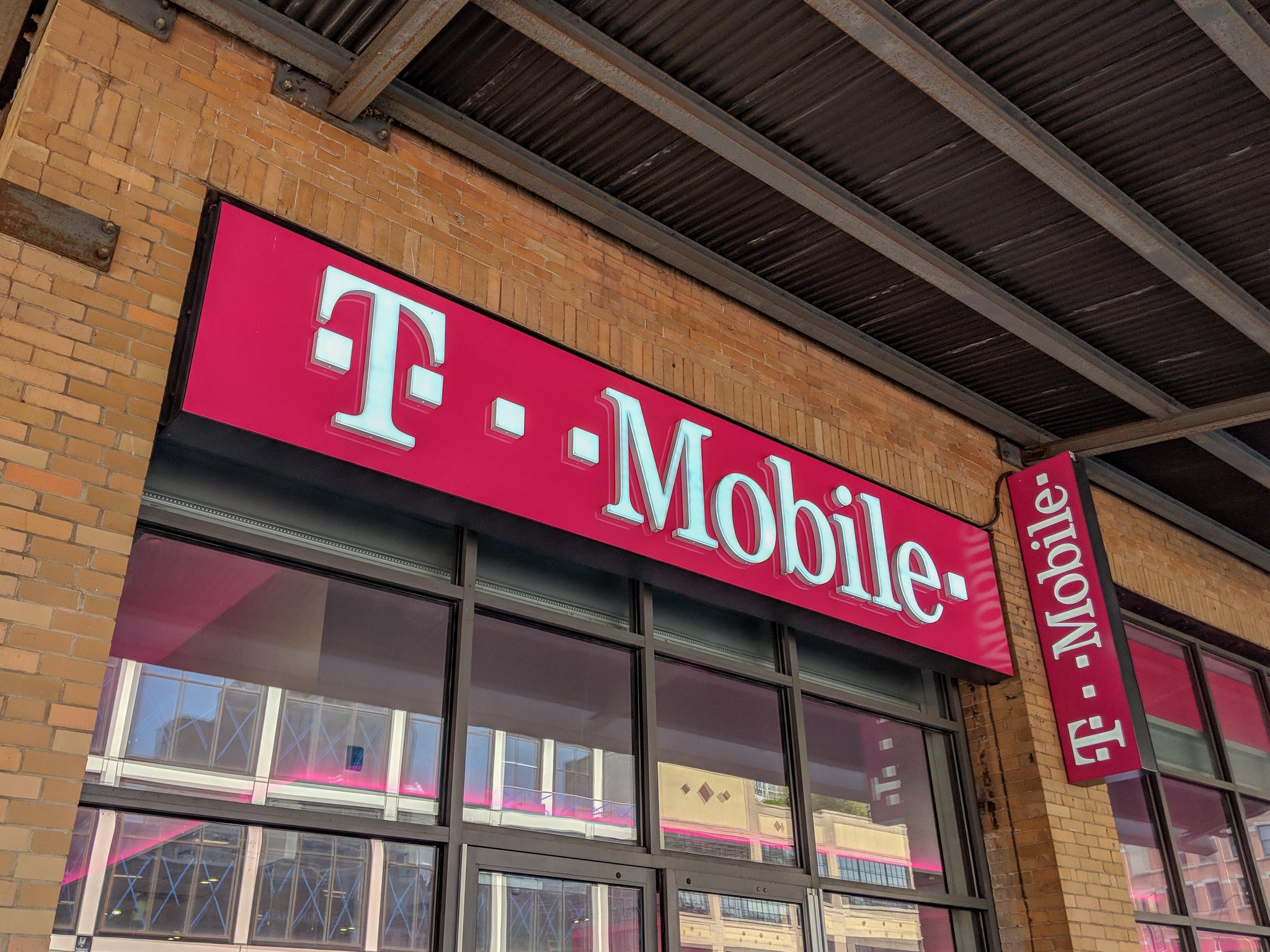
T-Mobile has continued to improve its network consistently over the past few years with some of the biggest improvements coming in its 5G network. T-Mobile has used to start its 5G network as well as improve its LTE network, with a focus on a wide range of 5G spectrum. With the conclusion of its purchase of Sprint, T-Mobile has added even more spectrum at the mid-band, which can adapt to work with its 5G phones, adding even more capacity and speed. You should always make sure you have coverage now before signing up but T-Mobile's 5G plan looks promising.
T-Mobile has three main unlimited plans on its postpaid network. All of them include 5G support and an unlimited 3G speed hotspot. The baseline Essentials plan comes with unlimited talk, text, and LTE data. Prices start at $60 for one line and care discounted for each line added up to six lines. A family with four lines will be able to get connected for $120 per month.
The next plan, Magenta, offers 3G of LTE-speed hotspot data, Netflix on one screen if you add two or more lines, and international 2G data as well as 5GB of high-speed data in Mexico and Canada. Prices start at $70 per month for the first line with discounts for each additional line up to eight lines. A family with four lines will pay $140 per month and with this plan, taxes and fees are included.
The most expensive plan is Magenta Plus and brings LTE-speed hotspot data up to 20G and upgrades Netflix to HD on two screens. International data speed is upgraded to 256kbps and video streaming comes in at HD resolutions compared to SD on the other plans. Starting at $80 per month for one line, this is a plan geared more towards heavy users that need more hotspot data. Still, taxes and fees are included and a family of four can get connected for $170 per month.
Pros:
- Tons of spectrum
- Large 5G network
- Competitive unlimited plans
- Cheap prepaid options
Cons:
- The network is still behind others
- Confusing 5G compatibility
Best Overall
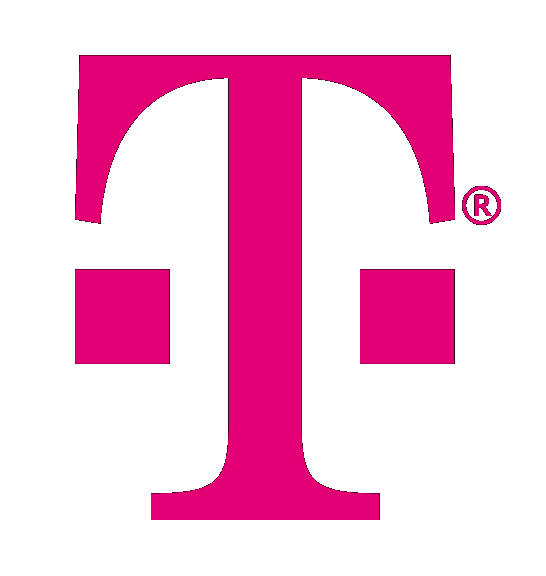
T-Mobile
Tons of spectrum for 5G
T-Mobile's network is stronger than ever with its combination of low-band, mid-band, and mmWave 5G spectrum.
Best LTE Performance: Verizon
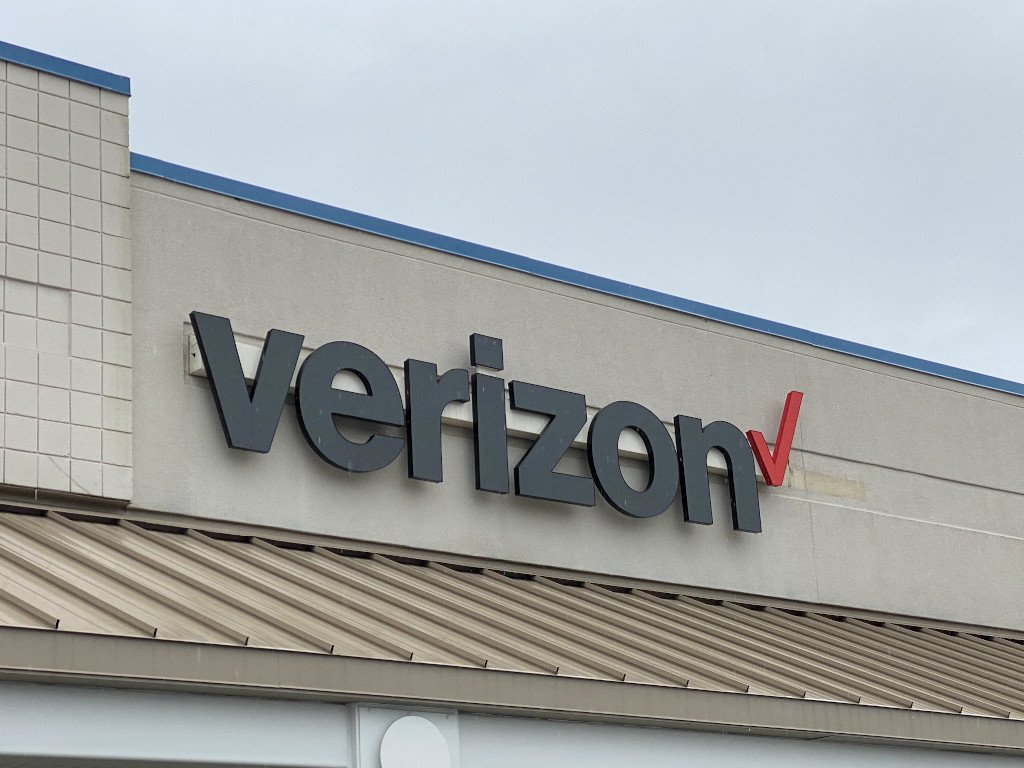
While Verizon isn't always the top scorer in terms of pure download speed, the size of its LTE network and the consistency of the connection makes it one of the best options for a lot of people. While other carriers have been making great strides to keep up, Verizon hasn't slowed down. Data from sites like speedtest.net back this up, showing Verizon speed tests on LTE hit acceptable speeds more often.
While Verizon's 5G deployment hasn't been hitting coverage milestones as fast as other carriers, it has kept its focus on a super-fast mmWave network that can deliver great speeds to the few currently covered. If you have a 5G plan and connection, you get truly unlimited data, 4K-quality video streams, and an unlimited hotspot.
Verizon has a huge number of plans available ranging from a B plan for basic phones with unlimited talk and text with 500MB of data. Most smartphone users will be more interested in the range of unlimited plans that start at $70 per month for the Start Unlimited plan. The price per line comes down with more lines up to five. A family of four will pay $35 per line with this plan excluding taxes or fees. This plan comes with unlimited talk, text, and LTE data. You can also get Disney+ for one year however this plan only streams at 840p quality with no hotspot data or 5G access.
The top-end Get More Unlimited plan comes with a massive 75GB of premium data, 30GB of LTE hotspot data, 720p video streams, Apple Music, one year of Disney+, and 500GB of cloud storage. It also comes with 5G access. This plan will run you $80 per month per line with one line with the cost for four lines coming down to $55 per line excluding taxes and fees. You can check out the full range of plans on Verizon's website.
Pros:
- Consistent LTE performance
- Large LTE footprint
- Wide range of plans
- Fast 5G network
Cons:
- Expensive plans
- Not all unlocked phones supported
- 5G coverage is spotty
Best LTE Performance

Verizon
Consistent LTE performance
Verizon continues to offer great speeds on LTE with a fast 5G network in many urban areas.
Best Family Value: Sprint
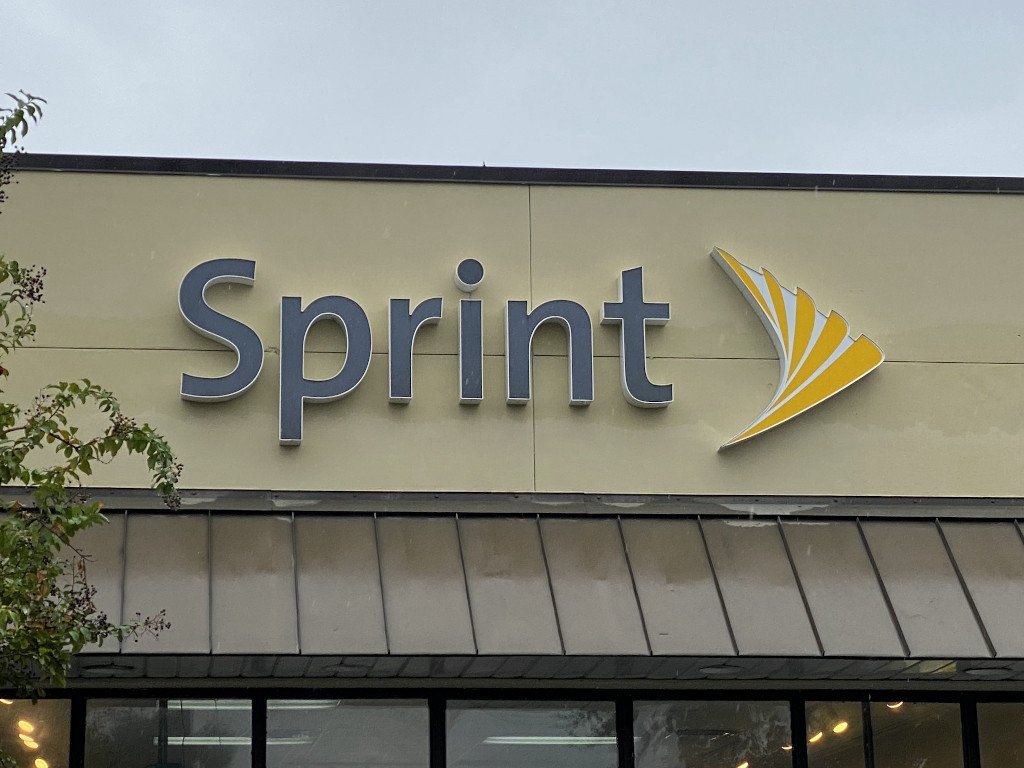
T-Mobile recently purchased Sprint, which makes Sprint's future a bit unpredictable. For the time being, Sprint is continuing to offer its own plans on its network and has even gotten some immediate benefits including free-roaming on T-Mobile's LTE network in areas with weak Sprint signal. Sprint is also offering some great deals on three or more lines on its unlimited plans. If you have good Sprint coverage and want to save some money, this is a great option.
Sprint has also built a small but respectable 5G network on its 2.5GHz spectrum in a few cities and Galaxy S20 owners can access the T-Mobile 5G network as well. Not only that, but all of Sprint's unlimited plans get 5G access included.
If you are a new customer and only need one or two lines, you can get the Kickstart Unlimited plan, which comes with unlimited data for $35 per month for one line when you bring your own device. Video only streams at 480p and there are no discounts for multiple lines, but if you only need one or two lines you can still save some money over the other plans
There are three other plans worth mentioning: Unlimited Basic, Unlimited Plus, and Unlimited Premium. The Basic plan starts at $60 per month for one line. The real kicker is that if you add lines up to four, the total plan cost is $100 per month. This plan comes with unlimited talk, text, and data and 500MB of high-speed hotspot data. Video quality is limited to just 480p but a Hulu subscription is included.
Unlimited Plus bumps the video streaming quality up to 1080p and gives you a massive 50GB of LTE hotspot data. You still get Hulu but also Tidal music streaming. This plan starts at $70 per month for one line. Finally, with Unlimited Premium, video streaming quality is unlocked and hotspot data is further upgraded to 100GB. You get Hulu, Tidal Hi-Fi, and Amazon Prime included with this plan. If you need to tether a lot of data, there is no better plan.
Pros:
- 5G with T-Mobile and Sprint network
- Improved coverage with T-Mobile roaming
- Huge multi-line discounts
- Features like Tidal and Hulu
Cons:
- Still one of the smallest networks
- Uncertain future
Best Family Value
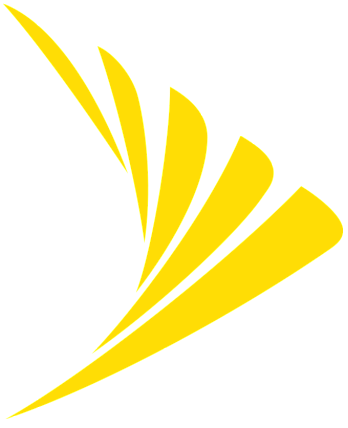
Sprint
Huge multi-line discounts and lots of extras
Sprint has some of the best prices on unlimited especially with multiple lines. It's worth noting its future is uncertain.
Best Speeds: AT&T
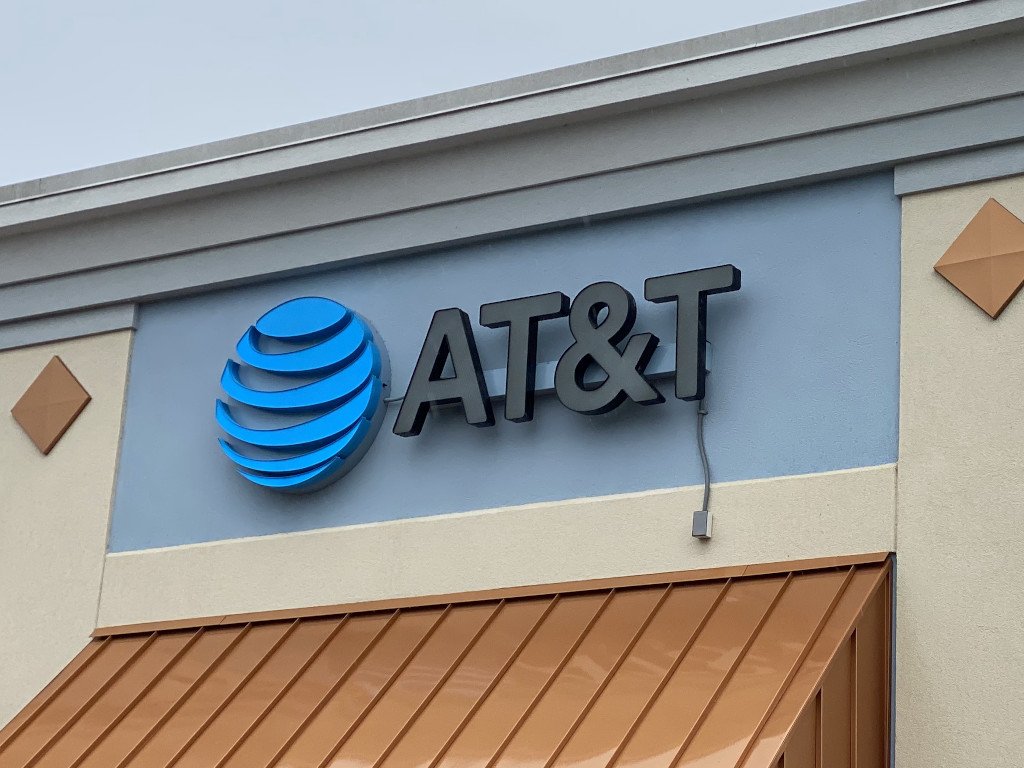
There's no question that the AT&T LTE network, sometimes called 5GE, is delivering great performance. Of course, it's always a good idea to make sure you have coverage, but chances are that you do. AT&T has also been pushing forward with its real 5G network as well with a low-band in addition to a mmWave network covering more than 120 million people.
AT&T has a couple of outdated Mobile Share Plans with 3GB and 8GB of data coming at $50 and $60 per line per month respectively. With four lines, the cost per line is down to $30 and $35 per line respectively. Fortunately, these plans do get rollover data but streaming only comes in 480p and there's no 5G support. If you're looking for the cheapest possible postpaid AT&T plan, this is it.
Moving up, AT&T has three unlimited plans starting with the Unlimited Starter plan coming in at $65 per month for one line. The price comes down per line up to four lines with four lines coming in at $140 per month. This plan comes with no hotspot or 5G access but comes with unlimited talk, text, and data with video streams at SD quality. It goes all the way up to Unlimited Elite, which gets you 5G access, video streams in HD, and free access to HBO, all the way up to $85 per month for the first line. You can check out the full plan information on AT&T's website.
Pros:
- Fast data speeds
- Large coverage area
- Low-band and mmWave 5G
- Works with most unlimited phones
Cons:
- Expensive plans
- 5G only on most expensive plans
Best Speeds

AT&T
I want to go fast
AT&T proves that it can keep improving its network with better speeds and competitive pricing.
International and prepaid: Google Fi

Google Fi is an MVNO carrier, which means that it doesn't build its own towers but uses the towers of other carriers. What's different about Google Fi is that it makes use of three different U.S. networks to create a unique coverage map compared to any other MVNO or carrier. While the price is a little steeper than most other carriers and fewer phones take full advantage of the service, it provides one of the best and most reliable wireless experiences.
Google Fi makes use of Sprint, T-Mobile, and US Cellular's networks, picking which towers provide the best connection automatically and seamlessly switching your phone to it without you even knowing. Google Fi also has access to networks all around the world and roams internationally effortlessly in over 200 countries. For all this to work properly, you'll need an approved phone.
If you have an unlocked 5G phone that works with the T-Mobile network, you can access it with Google Fi.
Google Fi isn't likely to be the best fit for many people, but if you travel often and need a network that will work not only in the U.S. but nearly anywhere in the world, there are no substitutes. A flexible plan is available alongside an unlimited plan. If you use only a few gigabytes per month, the flexible plan will be a better deal. Unlimited is only for the people that need fast speeds over 15GB.
Pros:
- Big combined network
- International roaming
- Bill protection prevents excessive overage
- Unlimited available
- Most GSM phones supported
Cons:
- Need specific phones for full network
- Can get expensive
International and Prepaid

Google Fi
A combined network and international roaming
A combined network in the U.S. means you'll have a strong and fast network in most places you go.
Unlimited Prepaid: Visible

Another interesting MVNO is Visible, which makes use of Verizon's LTE network to provide unlimited data for $40 per month. There is no 5G access here yet but it does come with unlimited hotspot data at 5Mbps. It's worth keeping in mind that Visible only uses the LTE network, meaning no access to roaming or 3G if the signal gets weak. For most people this is fine, but it does mean you should double-check the coverage map before signing up.
There are no direct multi-line discounts but you can join a group of other people to participate in Party Pay. This can bring your cost all the way down to $25 per month with four people in the party. Each person is responsible for their own bill and account with Party Pay.
Visible is a good option if you want a lot of data for a low price with no frills.
Pros:
- Unlimited data
- Vast Verizon LTE network
- Unlimited hotspot (5Mbps)
- Savings with Party Pay
Cons:
- SD video streams
- No roaming or 3G
- No 5G yet
- Limited phone support
Unlimited Prepaid
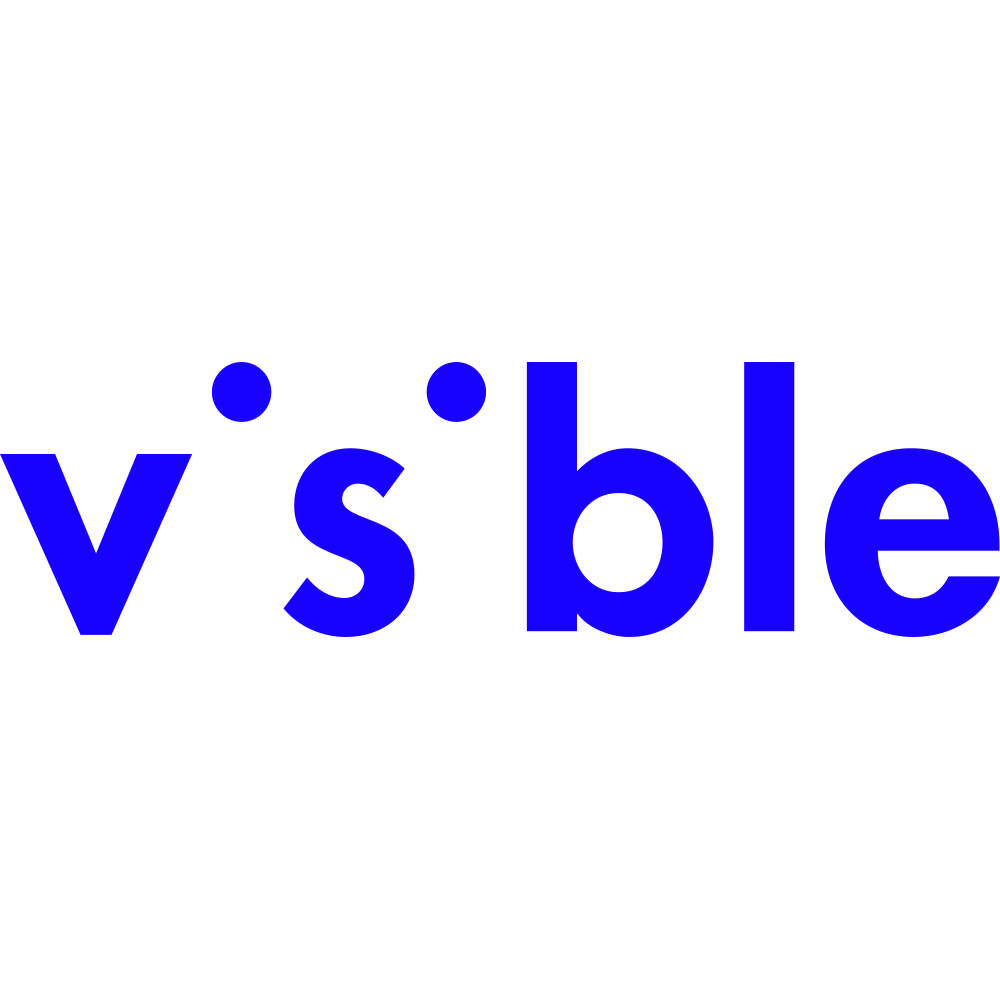
Visible
Simple, prepaid, and unlimited
Visible keeps things as simple as possible with only one plan with unlimited talk, text, and data on the Verizon LTE network.
Should you go with prepaid?
An MVNO, or mobile virtual network operator, is a carrier that provides service by reselling service from one of the big carriers. This allows a greater range of plans on the same networks that may work better for you. Some of the best MVNOs can offer additional savings with longer terms or even just by cutting out things you don't need like video service subscriptions. You can even get MVNOs that allow advanced features like tethering (hotspot data). If one of the big carriers isn't a good fit, it's worth it to check out an MVNO.
Bottom line
Most Americans will be covered by any of these networks so the biggest questions are which plans are the best fit for you and how eager are you to get 5G. Verizon and AT&T are more comfortable charging a premium for service thanks to a good reputation for having a strong network. There are also a lot of people who just don't think about switching or don't want to go through the hassle. But if you're willing to make the change, you could find a better network or even just a better plan.
For most people, T-Mobile is a great fit with solid speeds and great coverage. While not everyone is ready for 5G just yet, T-Mobile's rapid progress and already-deployed three-tiered 5G network are promising for continued growth. It's also refreshing that T-Mobile doesn't try to force customers onto more expensive plans just to access 5G.
Credits — The team that worked on this guide

Samuel Contreras When Samuel is not writing about networking and carriers, he spends most of his time researching computer components and obsessing over what CPU goes into the ultimate Windows 98 computer. It's the Pentium 3.
We may earn a commission for purchases using our links. Learn more.